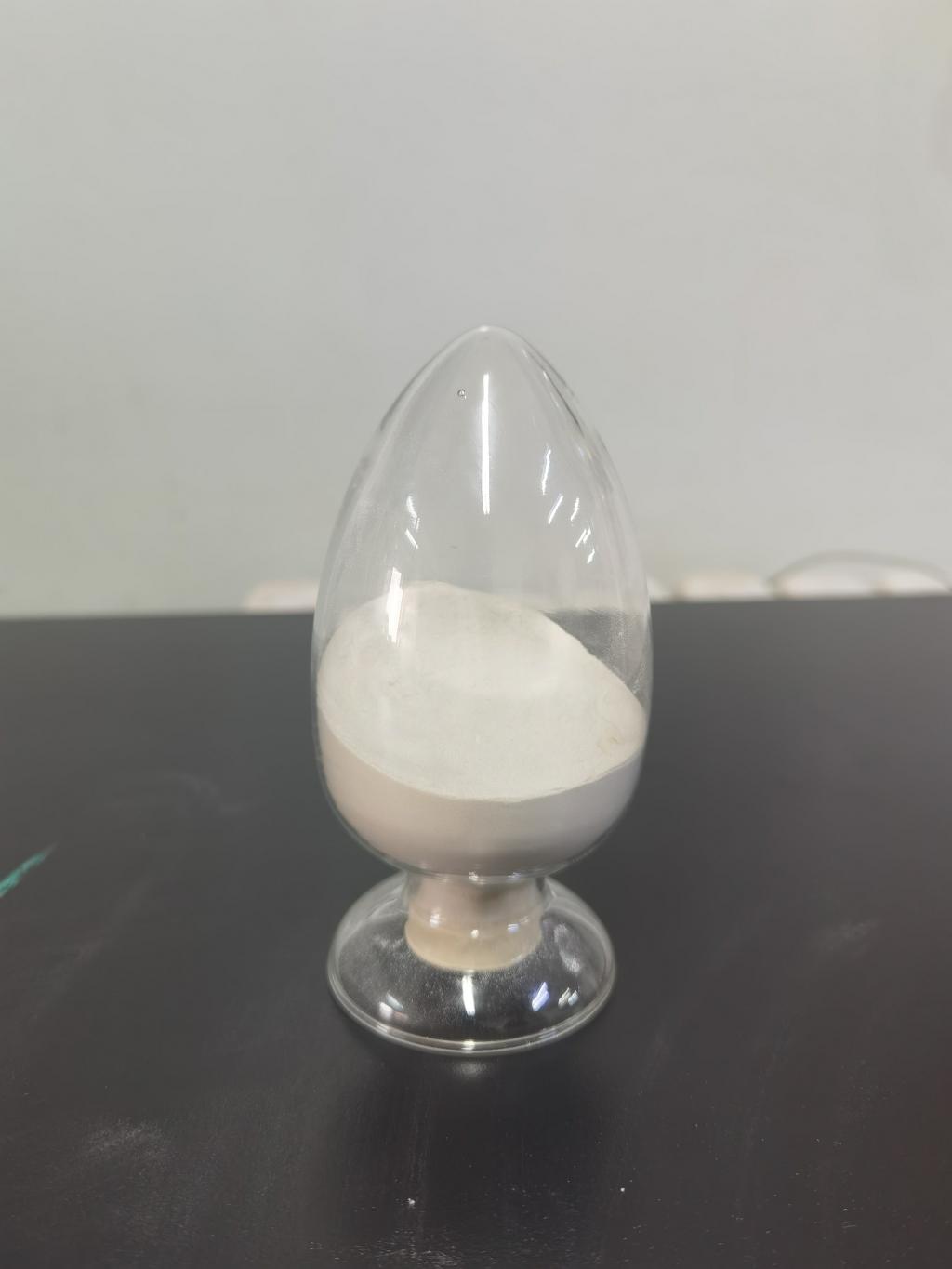Tel:+8618231198596

News
 CONTACT
CONTACT
 CONTACT
CONTACT
- Linkman:Linda Yao
- Tel: +8618231198596
- Email:linda.yao@dcpharma.cn
- Linkman:CHARLES.WANG
- Department:Overseas
- Tel: 0086 0311-85537378 0086 0311-85539701
News
Nisin as a bio-preservative in meat products.
TIME:2024-05-14
Antimicrobial Activity of Nisin:
Nisin exhibits potent antimicrobial activity against a wide range of Gram-positive bacteria commonly associated with meat spoilage, including species of Listeria, Staphylococcus, and Clostridium. Its effectiveness stems from its ability to disrupt bacterial cell wall synthesis by binding to lipid II, a key precursor molecule. This disruption leads to cell lysis and death, thereby inhibiting the growth of spoilage organisms and improving the microbiological quality of meat products.
Mode of Action:
The mode of action of nisin involves several mechanisms that contribute to its antimicrobial activity. In addition to inhibiting cell wall synthesis, nisin can disrupt bacterial membrane integrity, leading to leakage of cellular contents and ultimately cell death. Moreover, nisin has been shown to exhibit synergistic effects with other antimicrobial agents, enhancing its overall efficacy against spoilage bacteria in meat products.
Applications in Meat Products:
Nisin can be incorporated into meat products through various methods, including direct addition to meat formulations, surface application, and incorporation into packaging materials. When added directly to meat formulations, nisin can inhibit the growth of spoilage organisms during storage and distribution, thereby extending the shelf life of meat products. Surface application of nisin can further enhance its effectiveness by forming a protective barrier against microbial contamination. Additionally, incorporating nisin into packaging materials can provide sustained release of the bio-preservative, maintaining its antimicrobial activity throughout the storage period.
Benefits of Nisin as a Bio-Preservative:
The use of nisin as a bio-preservative offers several advantages for meat producers and consumers alike. Firstly, nisin is a natural antimicrobial agent derived from fermentation of Lactococcus lactis bacteria, making it a clean-label ingredient suitable for clean-label and minimally processed meat products. Secondly, nisin has a long history of safe use in food applications and is generally recognized as safe (GRAS) by regulatory authorities, providing assurance of its safety for consumption. Additionally, nisin's broad spectrum of antimicrobial activity and effectiveness at low concentrations make it a cost-effective option for meat preservation compared to traditional chemical preservatives.
Challenges and Considerations:
Despite its numerous benefits, the use of nisin as a bio-preservative in meat products is not without challenges and considerations. Regulatory approval for the use of nisin in meat products varies across different countries and regions, requiring compliance with maximum usage levels and labeling requirements. Moreover, the potential for development of bacterial resistance to nisin highlights the importance of proper dosage and usage guidelines to mitigate resistance development and ensure long-term efficacy.
Future Perspectives:
The future of nisin as a bio-preservative in meat products holds promising opportunities for innovation and advancement. Ongoing research efforts are focused on optimizing nisin production methods, enhancing its stability and efficacy, and exploring novel delivery systems for targeted antimicrobial activity. Furthermore, the integration of nisin with other natural antimicrobial agents and preservation techniques, such as high-pressure processing and modified atmosphere packaging, may offer synergistic effects and further improve the safety and shelf life of meat products.
Conclusion:
Nisin represents a valuable bio-preservative for enhancing the safety and shelf life of meat products. Its natural origin, potent antimicrobial activity, and compatibility with clean-label formulations make it an attractive alternative to traditional chemical preservatives. While challenges such as regulatory approval and resistance development exist, ongoing research and innovation are driving the continued advancement of nisin-based preservation strategies in the meat industry.
- Tel:+8618231198596
- Whatsapp:18231198596
- Chat With Skype







